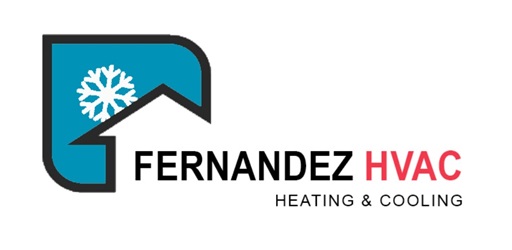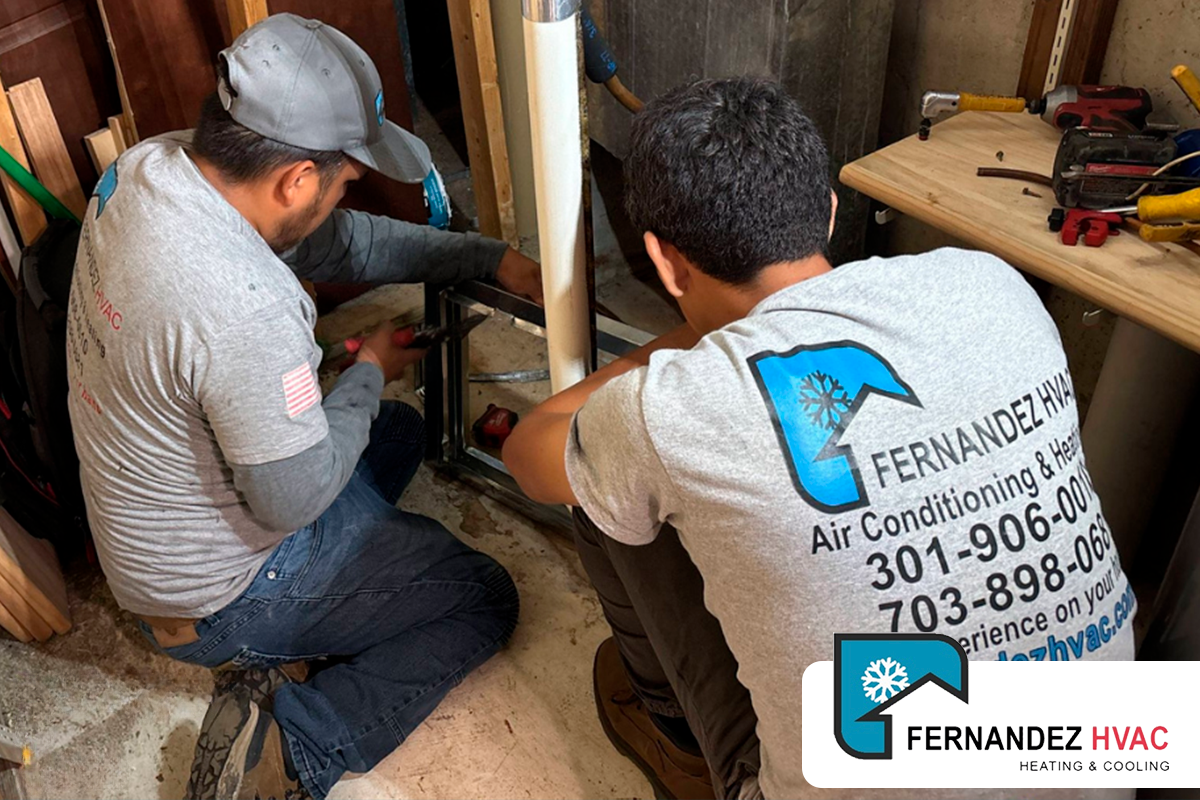How Much Does Furnace Replacement Cost? Everything You Need to Know
If your furnace is outdated or struggling to keep your home comfortable, you may find yourself asking, ‘How much does it cost to replace a furnace?’ As HVAC experts, we’re here to provide you with the essential information you need to make an decision that suits your needs and budget.
Understanding Furnace Replacement Costs
The cost of replacing a furnace varies depending on factors such as the type of furnace, its efficiency rating, the size of your home, and your location. Here’s an overview of the price ranges for different types of furnaces:
Gas Furnaces: $3,800 – $10,000
Electric Furnaces: $2,000 – $7,000
Oil Furnaces: $6,750 – $10,000
High-Efficiency Furnaces (AFUE 90% or higher): $5,000 – $15,000
These ranges include both the furnace itself and professional installation. Keep in mind that higher efficiency models come with a higher upfront cost but can save you significantly on energy bills in the long run.
Factors Affecting Furnace Replacement Costs
Efficiency Ratings: Opting for a high-efficiency furnace (with an AFUE of 90% or higher) can cost more initially but reduces energy consumption. For homeowners in colder regions, this can lead to significant savings over time.
Size of the Unit: Furnaces are sized based on the square footage of your home and its insulation. Installing an improperly sized furnace can lead to higher energy bills and inconsistent heating.
The size of your home plays a crucial role in determining the furnace you need. Larger homes require more powerful furnaces, which typically come with higher costs. Selecting the right furnace size is essential when replacing your system. An undersized furnace will struggle to heat your home efficiently, leading to continuous operation and increased energy expenses. Conversely, an oversized furnace can cause short cycling, putting extra strain on its components and potentially reducing its lifespan.
Ductwork and Installation Complexity: If your existing ductwork needs repairs or replacement, this will add to the overall cost. Homes with complex layouts might also face higher installation fees.
Brand and Quality: High-quality brands like Trane, Lennox, and Carrier offer reliable performance and longer warranties. While they may be pricier, they provide peace of mind and durability. Goodman is also a great option if you’re looking for affordability, and it comes with the reliability of Daikin technology.
What Are Your Options?
When choosing a replacement furnace, consider your comfort preferences and energy-saving goals. Here are a few recommendations based on quality and value:
Mid-Quality Option: A gas furnace with an 80% AFUE rating is a great choice if you’re looking for something affordable and effective.
High-Quality Option: If budget allows, a high-efficiency gas furnace with a 96% AFUE or higher is ideal for energy savings and superior comfort.
DIY vs. Professional Installation: What’s Best?
While it might be tempting to cut costs by handling installation yourself, furnace replacement is a complex process that requires technical expertise. Hiring a licensed HVAC professional ensures:
Proper sizing and installation for optimal performance.
Compliance with local building codes and safety standards.
Access to manufacturer warranties.
Maximizing Value and Savings
Tax Credits: High-efficiency furnaces may qualify for federal or state tax incentives.
Replacing your furnace is a significant investment, but it’s one that can improve your home’s comfort and energy efficiency. By understanding the costs and options available, you can confidently choose a solution that meets your budget and preferences.
If you’re considering furnace replacement, contact us today for a free consultation! Our team is here to help you find the perfect solution for your home and ensure a smooth, professional installation.







Recent Posts